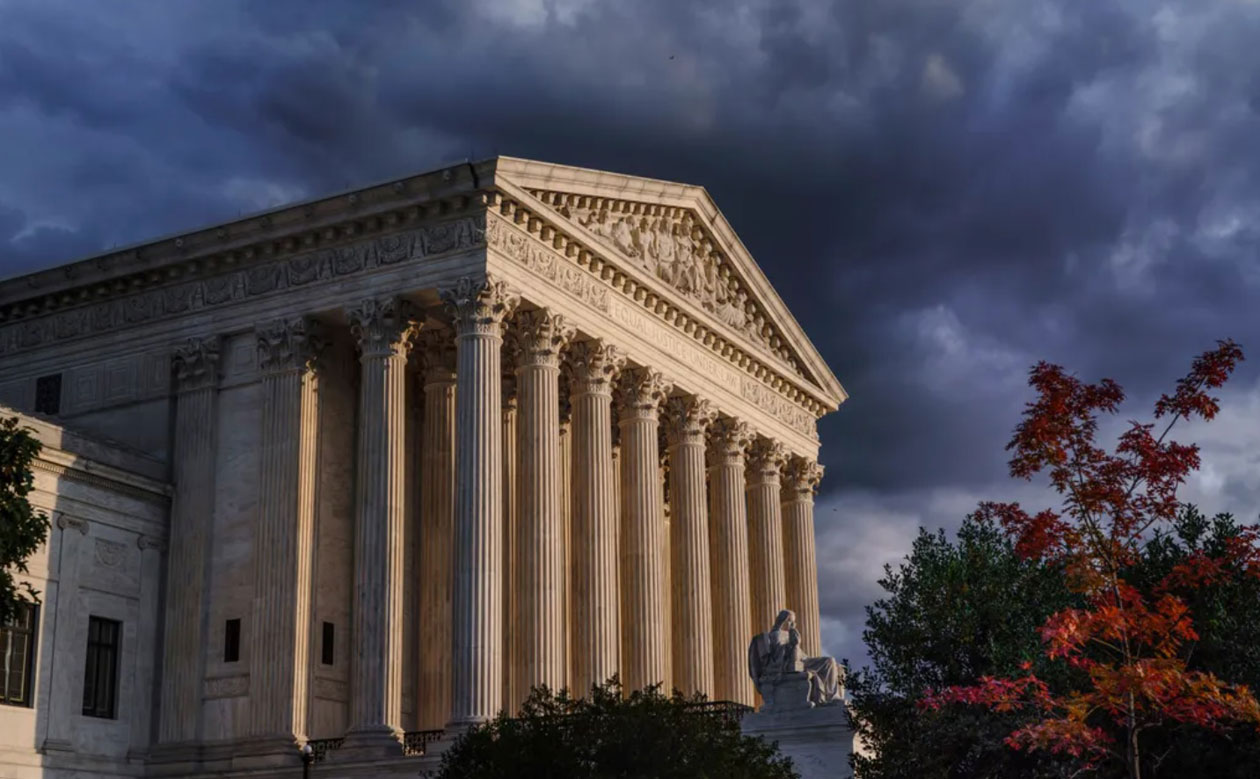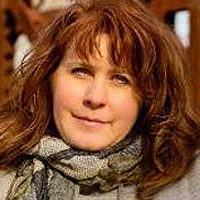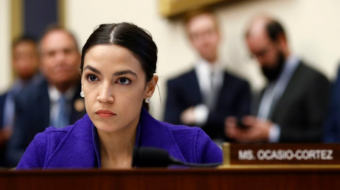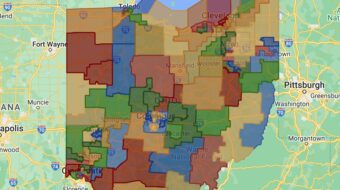
Money that is raised by political candidates or groups is normally public information and has to be disclosed to the state or national Election Commission. If an individual or organization does not want to disclose their donations it is referred to as dark money. Dark money is usually filtered through two different types of non-profit organizations: 501(c)4s –which are social welfare programs and 501(c)6s, which are trade associations.
When people look at who pays for political campaigns, where they get the money from, how much they spend, and how much they have to disclose, the usual drill is to harken back to the narrow 5-4 Supreme Court Citizens United ruling in 2010.
But over the past several decades, before and after that case, the Supreme Court (SCOTUS) slowly chipped away at campaign disclosure and finance, and dark money has flowed. Here’s a rundown of cases and how they affected and changed campaigns and funding.
The first case to start the process was Buckley v Valeo from 1976 when the SCOTUS laid out “Magic Words” that defined the difference between electioneering and issue advocacy.
To avoid constitutional problems the standard created, the court limited the reach of campaign finance disclosures law. It could only cover “communications that expressly advocate the election or defeat of a clearly identified candidate,” the Institute for Free Speech explained.
That’s what is now called “express advocacy.” The SCOTUS noted “’express advocate would encompass only words such as vote for, elect, support, vote against, defeat, and reject,’” These came to be known as the Buckley Magic Words test.
The next case was First National Bank of Boston v. Bellotti, in 1978. In it, the High Court ruled that a Massachusetts law that restricted political contributions by corporations violated the First Amendment which made it unconstitutional.
The law blocked them
Massachusetts law prevented corporations from “making contributions or expenditures for the purposes of influencing or affecting the vote on any question submitted to the voters except those materially affecting the property or assets of the corporation,” Chicago-Kent College of Law Professor Daniel Katz, explained. The bank then challenged the law and it went all the way to the SCOTUS where they ruled in 1978 for the bank and against the state law.
But the justices weren’t done with dismantling campaign finance restrictions. In 1981, they ruled in Citizens Against Rent Control v. City of Berkley that there can be no contribution limits to ballot initiatives. This ruling was a companion to the First National Bank case and stated “governments have no compelling interest in limiting speech, including money, about ballot issues. As a result, the California law that set contributions limits on ballot initiatives campaigns was invalidated,” the National Conference of State Legislatures reported.
In 1990, the court majority stated in Austin v. Michigan Chamber of Commerce, that corporations must keep a separate account for political contributions, namely a PAC fund.
The next case came in 2000 with Nixon v. Shrink Missouri Government PAC, which expanded on the Buckley case from 1976, which only applied to federal campaigns. This ruling affected state contributions and said states could limit the amount of money any one individual or group can contribute to a state campaign.
The next case was McConnell v. Federal Election Commission in 2003. This case was brought as a result of the passage of the Bipartisan Campaign Reform Act (BCRA) in 2002, better known as the McCain-Feingold campaign finance reform law. The “McConnell” is the longtime Senate GOP leader.
“BCRA imposed bans on soft money–money contributed to political parties for purposes other than supporting or opposing a candidate, such as to run voter registration drives–and placed limits on advertising by corporations and PACs immediately preceding an election because there is substantial evidence to support Congress’s determination that large soft-money contributions to national political parties give rise to corruption and the appearance of corruption,” legal analysts explained.
In Randall v. Sorrell in 2006, the court gave the OK to contributing to “independent expenditure” committees, which are supposed to be free from a candidate’s control.
Vermont had put caps on contributions that were the strictest in the country. “The court affirmed its position on independent expenditures, ruling they do not directly affect campaigns or candidates and must be allowed as free speech. The court also struck down the Vermont contribution limit as unconstitutional as they prevent candidates from amassing the resources necessary for effective campaign advocacy,” the state legislatures group reported.
Then in 2008, the justices started chipping away at limits on how much candidates could spend on their own campaigns. In Davis v. Federal Election Commission, the justices struck down portions of McCain-Feingold because a candidate from New York believed some of the BCRA disclosure requirements infringed upon his First Amendment rights to free speech.
Davis self-funded his campaign and did not like disclosing how much money he spent on it. The court held “this provision impermissibly burdens his First Amendment right to spend his own money for campaign speech.” The provision was then eliminated from the BCRA and other states followed suit.
The ruling that gets the most attention, was, of course, Citizens United v. Federal Election Commission in 2010. It completely changed how campaigns are funded. The conservative non-profit group Citizens United sued the FEC around campaign finance rules after the FEC stopped it from airing a film criticizing Hillary Clinton because it would air too closely to the presidential primaries.
By 5-4, SCOTUS ruled corporations and other outside groups can spend unlimited money on elections. This ruling overturned 100 years of spending restrictions. The justices, over a vigorous dissent from the four progressives, ruled that “independent political spending” did not present a threat because the spending was independent of the candidate’s campaign.”
The culprits
The five justices in the majority were author Anthony Kennedy, joined by Antonin Scalia, Clarence Thomas, Samuel Alito, and Chief Justice John Roberts.
As a result, a Brennan Center report by Daniel Weiner said “a very small group of Americans now wield more power than at any time since Watergate, while many of the rest seem to be disengaging from politics.”
“This is perhaps the most troubling result of Citizens United,” Weiner explained. “in a time of historic wealth inequality, the decision has helped enforce the growing sense that our democracy primarily serves the interests of the wealthy few and that democratic participation for the vast majority of citizens is of relatively little value.”
After Citizens United, the amount of money in politics has gotten out of control. In the past 10 years, dark money groups have spent over a billion dollars on elections. Remember, dark money’s sources don’t have to be disclosed.
“Three years before Citizens United, the Supreme Court’s conservatives ruled in FEC v Wisconsin Right to Life, Inc. that nonprofit groups could use corporate funds to run ads just before an election as long as they didn’t expressly advocate for or against a candidate’s election, OpenSecrets.org reported.
“If not for Citizens United, the 2007 decision might have been held up as the reason for an explosion of dark money. Nonprofit groups were already starting to take advantage of the ruling before the Supreme Court upended the campaign finance system three years later. During the 2008 presidential election cycle, non-disclosing entities spent $102 million on outside spending meant to influence crucial races. In the four election cycles prior, they spent a combined $26 million,” it added.
Opensecrets.org adds Federal Election Commission “has proved powerless in the battle against dark money. The bitterly divided commission voted several times on new regulations to compel the disclosure of donors to non-profit groups making independent expenditures but Republican commissioners rejected them.”
Since Citizens United, lawmakers—mostly Democrats—have repeatedly introduced the DISCLOSE Act. It would have helped with transparency of corporations that give dark money and how much. It says any group, including corporations, political nonprofits, trades associations, and unions, that spend $10,000 or more on FEC-reported spending must disclose the source of all contributions of $10,000 in an election cycle.
But Senate Republicans have aggressively filibustered the bill, preventing it from garnering the 60 votes it needs to pass there. The lawmakers argued it unfairly benefitted unions–which receive most of their funding from relatively small and voluntary member donations–over corporations.
Opensecrets.org also commented about the 2022 election. It found that dark money is pouring into U.S. elections, but not only are its donors not being disclosed, but the total quantity of the dark money isn’t, either. “The vast majority of what is spent is not being disclosed to the Federal Election Commission,” it said.
All these rulings helped to usher in control of the super wealthy and corporations. They spend vast amounts of cash to control the narrative in the election process. With a conservative majority in the SCOTUS, don’t expect that to change.
However, there is a group, Move to Amend, working to try to overturn Citizens United. That coalition was formed in 2009 to “end corporate rule and build a vibrant democracy that is genuinely accountable to the people, not corporate interests.”
They are working on a “We The People” amendment to the U.S. Constitution “that unequivocally states that inalienable rights belong to human beings only and that money is not a form of protected free speech under the First Amendment and can be regulated in political campaigns.” To learn about Move To Amend, visit their website at www.movetoamend.org.












Comments